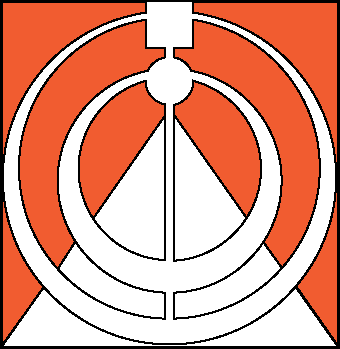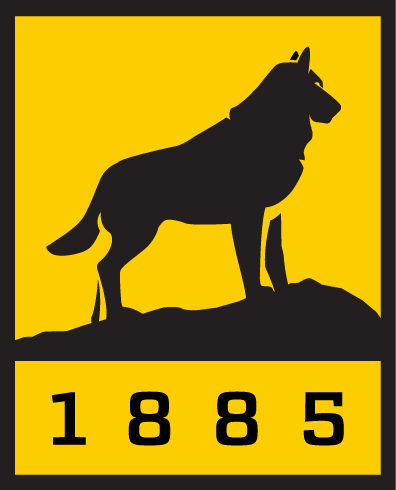Mi-STAR at MSTA 2019
Thursday, February 21, 2019
Are you curious about Mi-STAR? Want to learn more about making the Michigan Science Standards come alive in your classroom? Be sure to check out the Mi-STAR sessions, listed below, at the MSTA Conference, set for March 1-2 in Grand Rapids. We look forward to seeing you there.
Conference attendees can log on to the MSTA program on Sched.com and directly add Mi-STAR sessions to their schedule.
Mi-STAR SESSION SCHEDULE
Friday, March 1, 2019
Mi-STAR: Helping Students Use Systems Thinking In The Classroom And Everyday Life
8–9:45 a.m.
Participate in fun, three-dimensional activities that introduce systems and system models as tools scientists and engineers use to understand complicated phenomena and solve problems. System modeling is more than simply drawing pictures; experience how systems thinking empowers learners to make sense of complicated problems. Empower your students to use systems thinking both in the classroom and in their everyday lives. Classroom-tested lesson provided.
This presentation is based on a Mi-STAR Off-the-Shelf Lesson. Off-the-Shelf lessons are three-dimensional, standalone learning experiences that address gaps in student understanding and skills related to the Michigan Science Standards. Specifically, this lesson is designed to introduce systems thinking and modeling to students.
Mi-STAR: It Can Be Done! Easy Tools To Empower Students To Steer Their Own Learning
10–11:45 a.m.
How can you implement student-driven learning and still stay in the driver’s seat? Using the Unit Bubble Map, you will learn how to help students connect their questions and their investigations, plus help them generate new questions as they work to solve a Unit Challenge. Walk away with a toolkit from the Mi-STAR curriculum to make student-driven instruction a reality for you and your students.
Mi-STAR Information Session
1–1:45 p.m.
Interested in implementing the Mi-STAR curriculum and professional learning in your school or district? Attend this session to discover what the Mi-STAR science and engineering program offers for grades 6–8, talk with a veteran teacher and program staff, and learn the simple steps to get your school or district up and running with Mi-STAR.
Mi-STAR From a Teacher Perspective: Q&A with Veteran Mi-STAR Teachers
2–3:45 p.m.
Explore the Mi-STAR curriculum from the perspective of teachers who have experience writing, piloting and facilitating for the program. Teachers and project staff will be there to listen, answer your questions, and increase your comfort level. Are you an experienced teacher? Please come and share your perspective, too!
Saturday, March 2, 2019
Mi-STAR: Managing Group Talk & Teamwork
11 a.m.–12:45 p.m.
Productive talk is essential to the NGSS and Mi-STAR curriculum experience. Through discourse and teamwork, students will learn to construct explanations and support their thinking with evidence. They also learn to reflect, consider new evidence and reevaluate their thinking. But how do you ensure that students are focused and actively participating during this time? This session will share some important strategies that will help you build a science community and promote equity and participation among students.
Mi-STAR: Deconstructing CERs (Claim, Evidence, Reasoning) To Help Students Construct Explanations
1–2:45 p.m.
Scientists have been using CERs for centuries, but research shows students still don’t understand the difference between evidence and reasoning. How do you help your students use this scientific tool like a scientist? Learn how to guide your students to distinguish between evidence and reasoning by digging into examples from the Mi-STAR curriculum. Handouts provided to support implementation of this practice in the classroom.
We look forward to seeing you in Grand Rapids. Please come say hello!
GET Mi-STAR NEWS BY E-MAIL!
Copyright © 2025 Mi-STAR
Mi-STAR was founded in 2015 through generous support provided by the Herbert H. and Grace A. Dow Foundation. Mi-STAR has also received substantial support from the National Science Foundation, the MiSTEM Advisory Council through the Michigan Department of Education, and Michigan Technological University.













.jpg)





